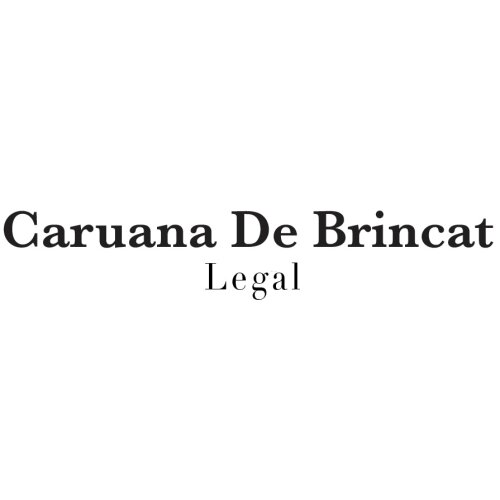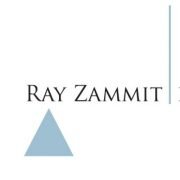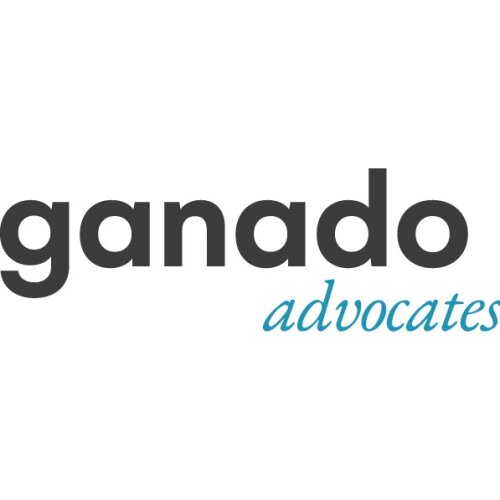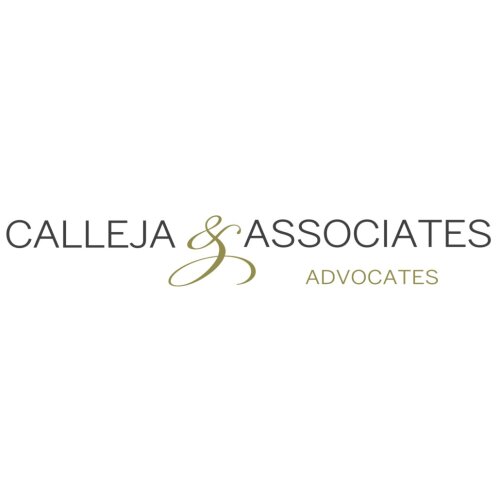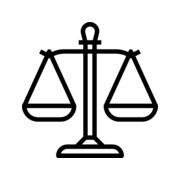Best Renewable & Alternative Energy Lawyers in Malta
Share your needs with us, get contacted by law firms.
Free. Takes 2 min.
Or refine your search by selecting a city:
List of the best lawyers in Malta
About Renewable & Alternative Energy Law in Malta
Renewable and alternative energy refers to sources of energy that are sustainable and have minimal environmental impact, such as solar, wind, biomass, and geothermal power. In Malta, interest in these energy sources has grown rapidly over the past decade, largely due to the island nation’s reliance on imported fossil fuels and the need to meet European Union energy targets. The government has introduced several measures and incentives to promote the adoption of renewable and alternative energy solutions by individuals, businesses, and large-scale projects. Malta’s laws in this sector are designed to encourage investment, regulate development, and ensure compliance with both national standards and EU directives.
Why You May Need a Lawyer
Legal advice in renewable and alternative energy matters can be essential for individuals or businesses considering an investment in the sector. Common situations requiring legal assistance include applying for government grants or incentives for solar panels, negotiating contracts for renewable energy installations, complying with local building and planning regulations, buying or leasing land for energy projects, and resolving disputes with contractors or regulatory authorities. Additionally, legal professionals can guide entrepreneurs and investors through the complex permitting process for energy generation, storage, and distribution, ensuring compliance with both Maltese and EU laws.
Local Laws Overview
Malta’s renewable energy framework is influenced by European Union directives and regulations, as the country aims to reach renewable energy targets set under EU law. The main legal instruments governing the sector include the Energy and Water Agency policies, the Development Planning Act, and relevant sections of the Environment Protection Act. Grid connection rules, feed-in tariffs, and energy export regulations are administered by the Regulator for Energy and Water Services. Permits are required for most installations, especially for larger projects, and strict technical standards must be met. Incentives such as grants and tax reductions may be available for certain types of investments, subject to eligibility and compliance with legal requirements.
Frequently Asked Questions
What types of renewable energy are most common in Malta?
Solar energy is the most widely used renewable energy source in Malta, thanks to the country’s sunny climate. Some wind and biomass projects exist, but space constraints limit widespread adoption.
What incentives are available for installing solar panels on private property?
The Maltese government periodically offers grants and schemes that reduce the cost of purchasing and installing solar photovoltaic systems for households and businesses. These may include cash rebates, tax credits, or feed-in tariff arrangements.
Do I need a permit to install solar panels or other renewable energy systems on my property?
Most installations require planning permission and sometimes additional permits from the Regulator for Energy and Water Services. The requirements depend on the type and size of the system.
Are there restrictions on selling surplus electricity back to the grid?
Yes, there are rules governing the sale of surplus electricity, such as registration with the authorities and compliance with specific grid connection standards. The sale price may be regulated through approved feed-in tariffs.
What legal requirements must businesses meet for commercial-scale renewable energy projects?
Commercial projects involve a more detailed permitting process, including environmental impact assessments, national and local authority permissions, grid connection agreements, and compliance with safety and building standards.
What are the penalties for non-compliance with renewable energy regulations in Malta?
Penalties can include fines, orders to remove non-compliant installations, revocation of licences, and other enforcement actions by regulatory bodies.
Can foreign investors participate in Malta’s renewable energy sector?
Foreign individuals and companies can invest in renewable energy projects, but must comply with the same laws and regulations applicable to Maltese entities. Additional administrative processes may apply depending on the scale and nature of the investment.
How do I resolve a dispute with a contractor or supplier regarding a renewable energy system?
Disputes are usually resolved through negotiation, mediation, or arbitration, but litigation in the Maltese courts is also possible. Legal assistance is recommended to protect your interests and ensure compliance with contract terms.
Are there any obligations for maintaining installed renewable energy equipment?
Yes, routine maintenance is generally required to ensure continued compliance with technical and safety standards. This may include periodic inspections and certification of the system.
How can I find out if my property is suitable for a renewable energy installation?
A technical assessment and site visit are usually required to determine suitability for renewable energy installations. Legal checks on title, zoning, and planning restrictions may also be necessary.
Additional Resources
If you need further information or wish to seek legal advice on renewable and alternative energy in Malta, consider consulting the following key institutions:
- Regulator for Energy and Water Services (REWS) - Responsible for licensing, permits, and regulatory compliance
- Energy and Water Agency - Provides sectoral policy advice, technical guidance, and information on government incentives
- Malta Chamber of Commerce - Offers advice to businesses considering investment in the sector
- Planning Authority - Handles permits and zoning for all types of energy projects
- Environmental NGOs and independent energy consultants - Can help with environmental assessments and technical feasibility studies
Next Steps
If you need legal assistance in the field of renewable and alternative energy, your next steps should include:
- Gather all relevant documents, such as contracts, title deeds, feasibility studies, and correspondence with authorities
- List any specific questions or issues you wish to address with a legal professional
- Contact a lawyer or law firm specializing in energy law in Malta, preferably one with experience in both local regulations and EU directives
- Discuss your objectives and concerns in detail, so your advisor can provide tailored guidance
- Follow legal advice closely to ensure compliance with regulatory requirements, protect your investment, and avoid enforcement actions
Legal advice from a qualified practitioner can help you achieve your renewable energy goals in Malta while minimizing risk and ensuring a smooth process from planning to operation.
Lawzana helps you find the best lawyers and law firms in Malta through a curated and pre-screened list of qualified legal professionals. Our platform offers rankings and detailed profiles of attorneys and law firms, allowing you to compare based on practice areas, including Renewable & Alternative Energy, experience, and client feedback.
Each profile includes a description of the firm's areas of practice, client reviews, team members and partners, year of establishment, spoken languages, office locations, contact information, social media presence, and any published articles or resources. Most firms on our platform speak English and are experienced in both local and international legal matters.
Get a quote from top-rated law firms in Malta — quickly, securely, and without unnecessary hassle.
Disclaimer:
The information provided on this page is for general informational purposes only and does not constitute legal advice. While we strive to ensure the accuracy and relevance of the content, legal information may change over time, and interpretations of the law can vary. You should always consult with a qualified legal professional for advice specific to your situation.
We disclaim all liability for actions taken or not taken based on the content of this page. If you believe any information is incorrect or outdated, please contact us, and we will review and update it where appropriate.
Browse renewable & alternative energy law firms by city in Malta
Refine your search by selecting a city.






